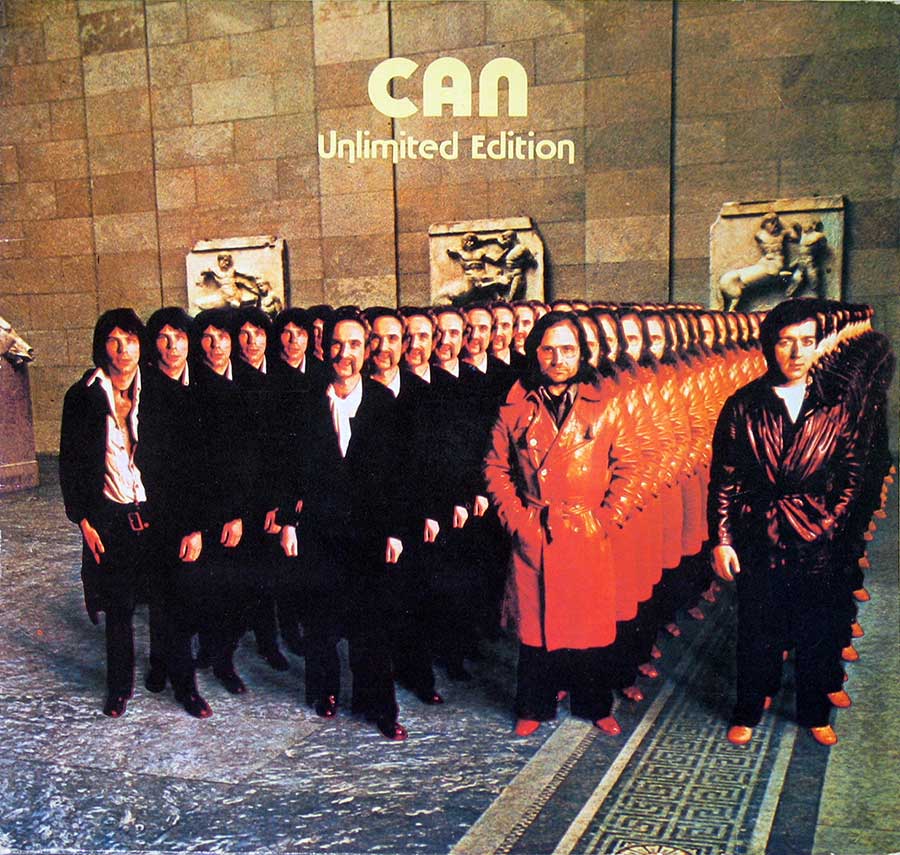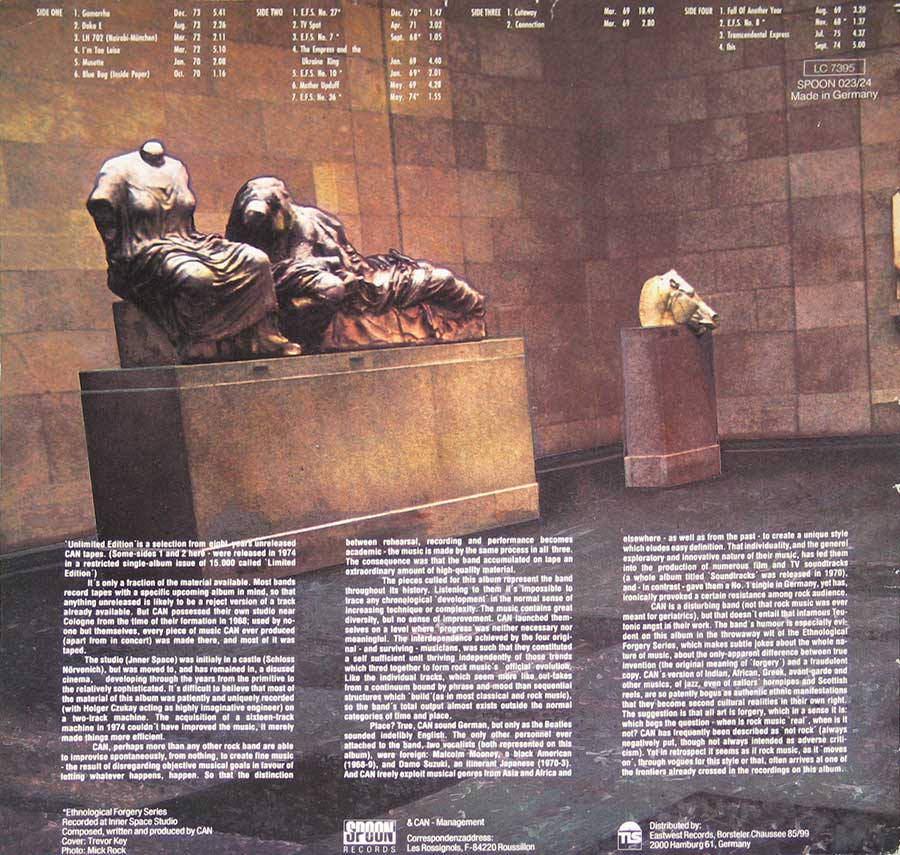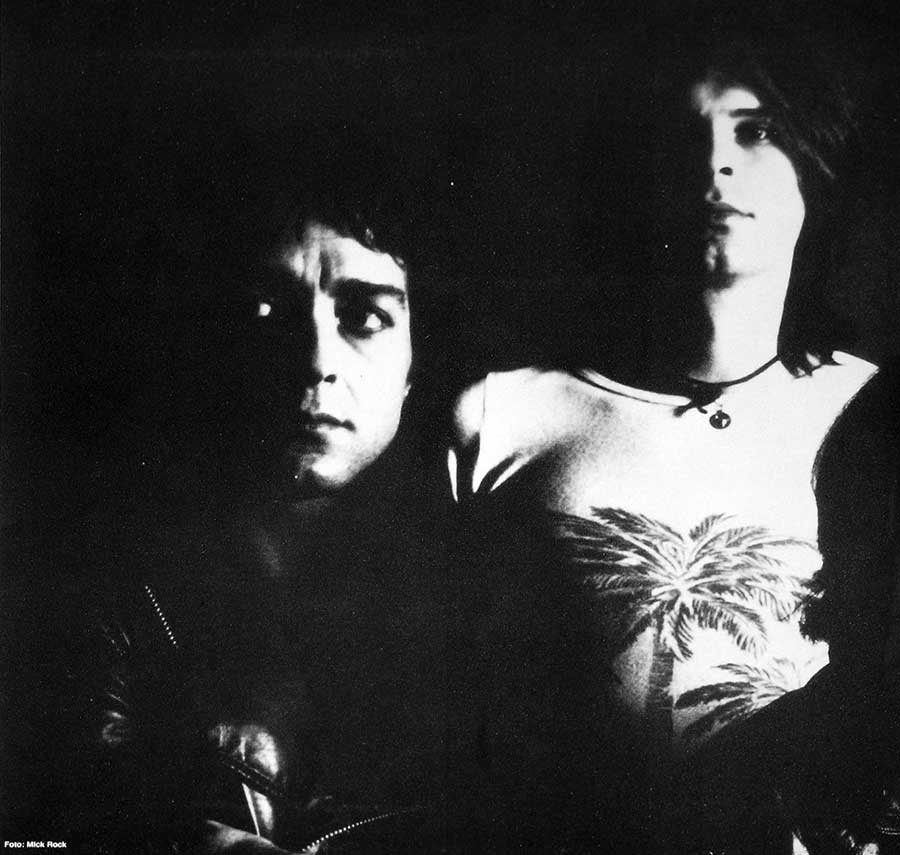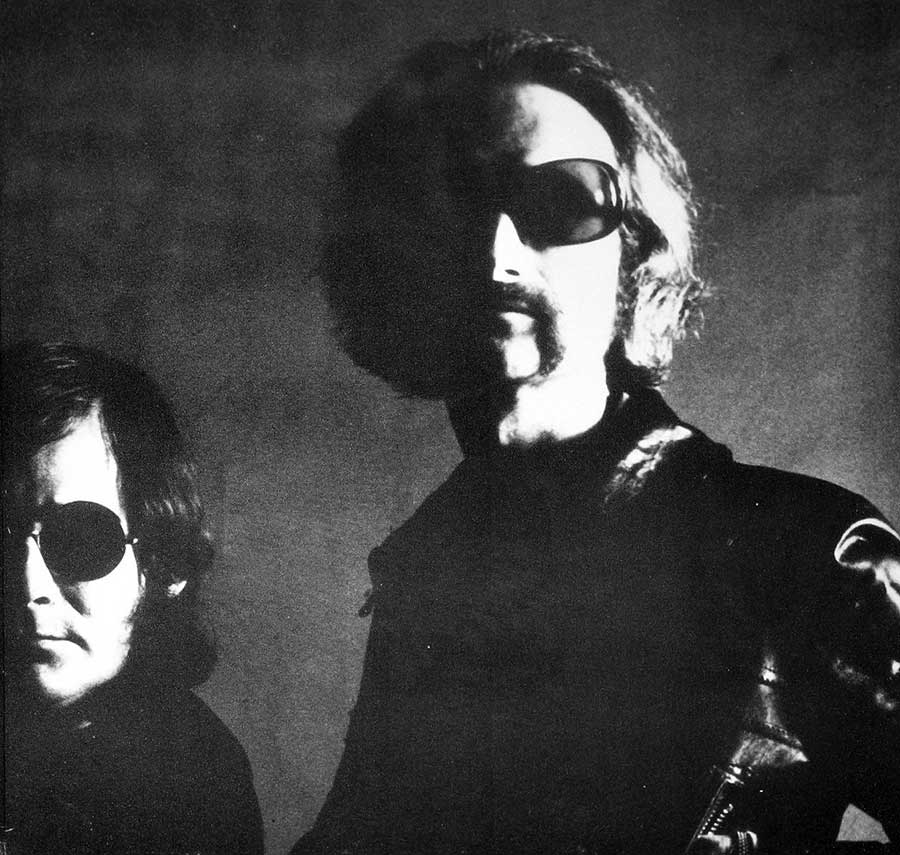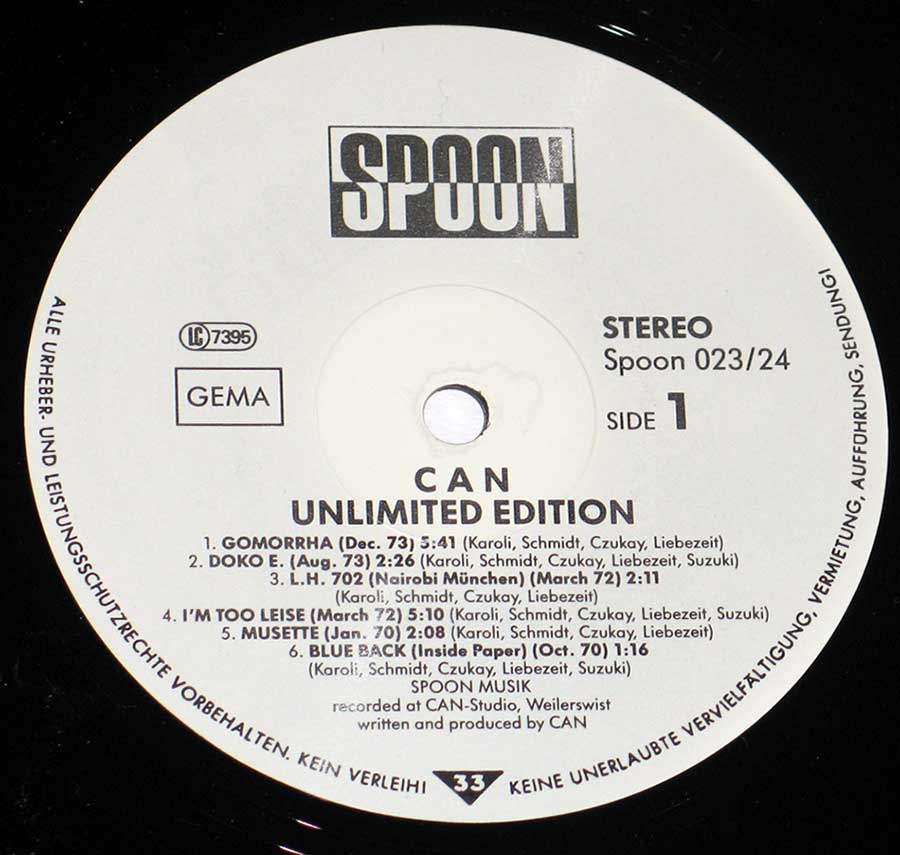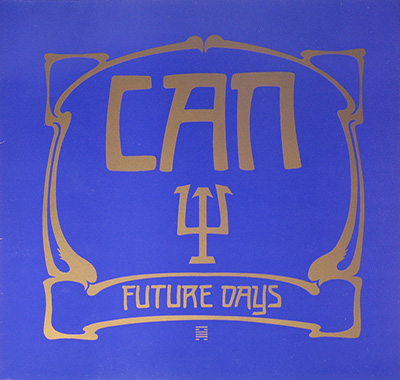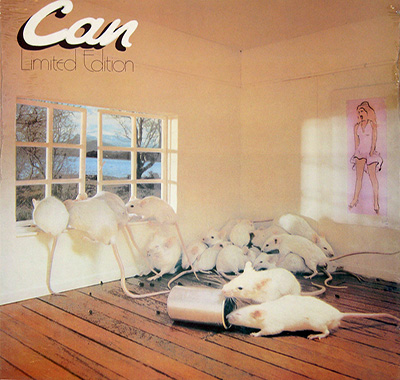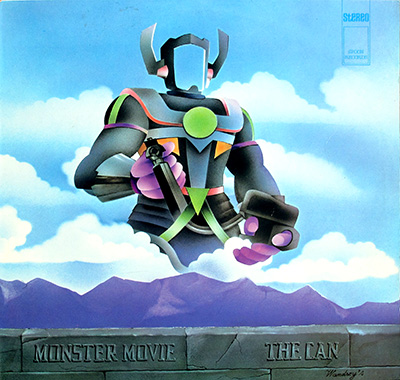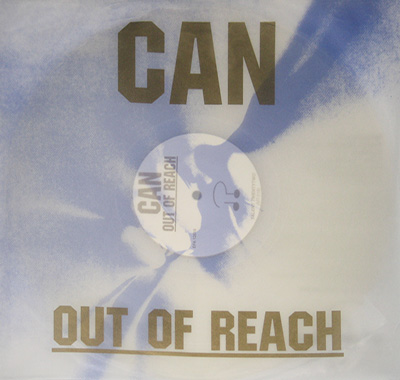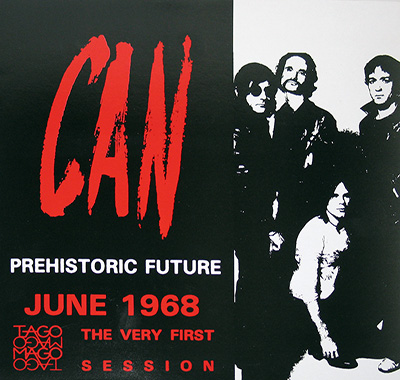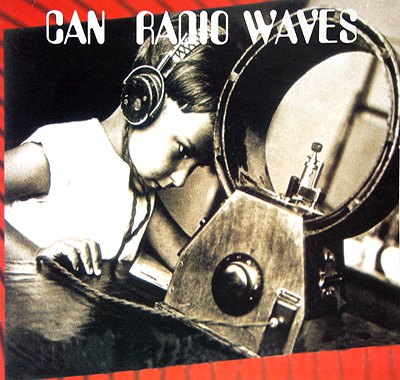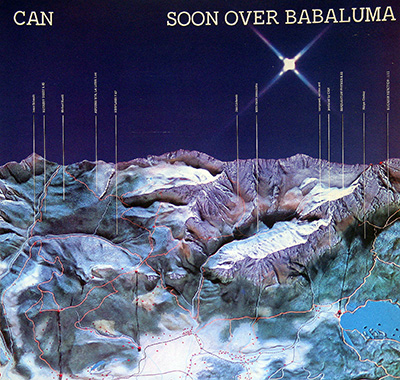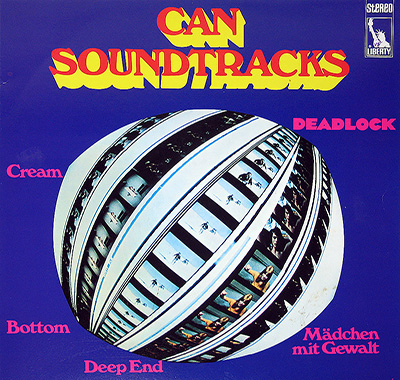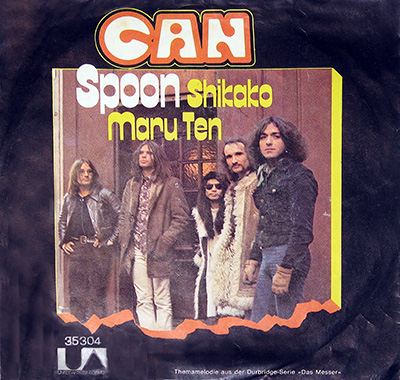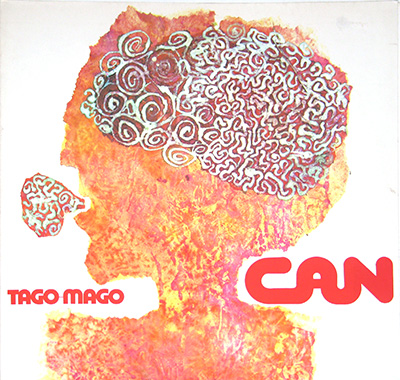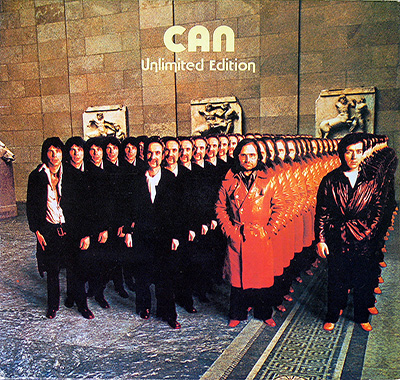|
The Song/tracks on "Unlimited Edition" are
- Gomorrha 5:41 (Karoli, Czukay, Liebezeit, Schmidt)
-
Doko E 2:26 (Karoli, Czukay, Liebezeit, Schmidt)
-
LH 702 2:11 (Karoli, Czukay, Liebezeit, Schmidt, Suzuki)
- I'm Too Leise 5:10 (Karoli, Czukay, Liebezeit, Schmidt)
- Musette 2:08 (Karoli, Czukay, Liebezeit, Schmidt, Suzuki)
- Blue Bag (Inside Paper) 1:16 (Karoli, Czukay, Liebezeit, Schmidt)
- E.F.S. No. 27 1:47 (Karoli, Czukay, Liebezeit, Schmidt, Suzuki)
- TV Spot 3:02 (Karoli, Czukay, Liebezeit, Schmidt, Suzuki)
- E.F.S. No. 7 1:05 (Karoli, Czukay, Liebezeit, Schmidt, Suzuki)
-
The Empress And The Ukraine King 4:40 (Karoli, Czukay, Liebezeit, Schmidt, Mooney)
- E.F.S. No. 10 2:01 (Karoli, Czukay, Liebezeit, Schmidt)
- Mother Upduff 4:28 (Karoli, Czukay, Liebezeit, Schmidt, Mooney)
- E.F.S. No. 36 1:55 (Karoli, Czukay, Liebezeit, Schmidt)
- Cutaway 18:49 (Karoli, Czukay, Liebezeit, Schmidt)
- Connection 2:20 (Karoli, Czukay, Liebezeit, Schmidt, Mooney)
- Fall Of Another Year 3:20 (Karoli, Czukay, Liebezeit, Schmidt, Mooney)
- E.F.S. No. 8 1:37 (Karoli, Czukay, Liebezeit, Schmidt)
- Transcendental Express 4:37 (Karoli, Czukay, Liebezeit, Schmidt)
-
Ibis 5:00 (Karoli, Czukay, Liebezeit, Schmidt)
|
